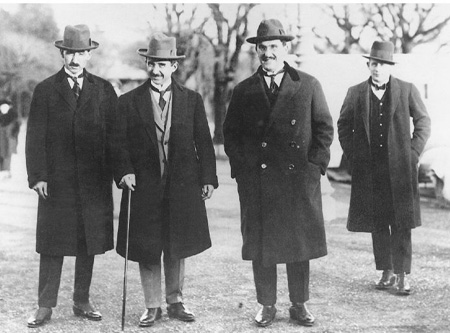PARIS 1919 (53 page)

14. Among the many peoples who looked to the Peace Conference to redress their grievances were the Poles, whose country had been carved up by its neighbors at the end of the eighteenth century.The collapse of Russia, Germany and Austria-Hungary by 1918 gave Poland its chance. Ignace Paderewski, the great pianist who became the newborn country's first prime minister, did much to win it support from the powers.
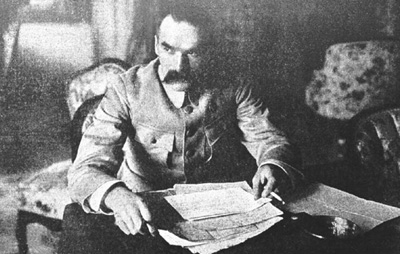
15. While Paderewski worked in Paris, General Józef Pi sudski struggled in Warsaw to re-create the Polish state and build a Polish army. Though his territorial ambitions did not extend as far as those of some Polish patriots, he nevertheless seized parts of southern Lithuania and moved eastward into Byelorussia and Ukraine, thereby clashing with the Bolsheviks.
sudski struggled in Warsaw to re-create the Polish state and build a Polish army. Though his territorial ambitions did not extend as far as those of some Polish patriots, he nevertheless seized parts of southern Lithuania and moved eastward into Byelorussia and Ukraine, thereby clashing with the Bolsheviks.
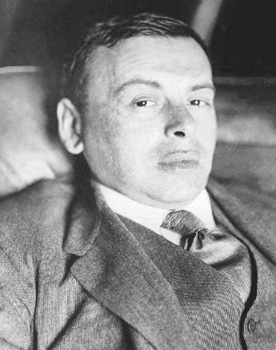
16. Béla Kun, the Hungarian communist whose seizure of power in Budapest in March 1919 caused alarm in Paris. General Smuts, sent by the peacemakers on a fact-finding mission, concluded that Kun was unlikely to survive in office for long. In August 1919, the Hungarian was forced to flee as his enemies plotted against him and Hungary's neighbors Czechoslovakia and Rumania started to seize Hungarian territory.
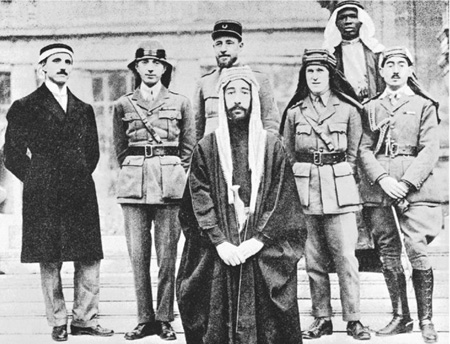
17. The Arab delegation to the Peace Conference: Prince Feisal (
front
), who hoped for an independent Arab state under his family's rule, and, to his left,T. E. Lawrence in the Arab headdress that so infuriated the French. In spite of their wartime promises, neither the British nor the French were prepared to relinquish control of the Middle East, and the Arabs came to regard the Peace Conference as yet another betrayal by the Western powers.
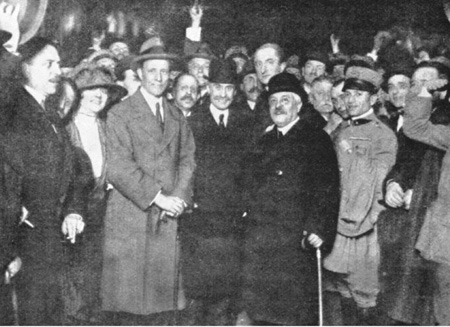
18. The Italian prime minister,Vittorio Orlando, with stick in hand, leaves the Peace Conference. In April 1919, the Italians reached an impasse with their allies over Italy's claims in the Adriatic, in particular to the port of Fiume (Rijeka).Wilson refused to give way. The Italian walkout threatened the whole conference, because the Germans were about to be summoned to receive their terms.
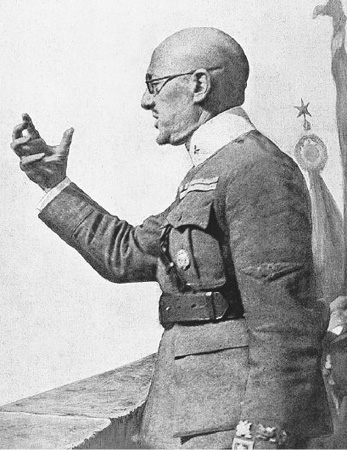
19. Fiume, a small port at the head of the Adriatic where Slavs slightly outnumbered Italians, became a major nationalist issue in Italy. Having seized the city in September 1919, the poet Gabriele D'Annunzio remained there for fifteen months, defying his own government and making interminable nationalist speeches. Mussolini, the future Italian dictator, learned much from his example.
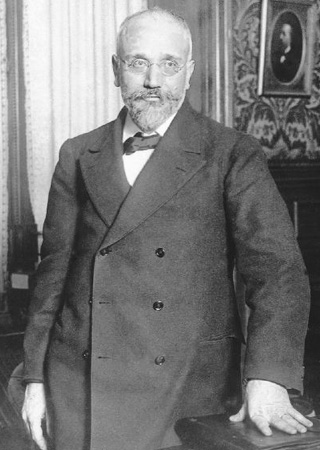
20. Eleutherios Venizelos, the Greek prime minister, who dreamed of a Greater Greece incorporating much of the old Ottoman empire. His enormous charm won him much support in Paris, especially from Lloyd George. As a result, Greece gained the European remnants of the Ottoman empire in Thrace and was allowed to send an army to occupy the largely Greek port of Smyrna (Izmir) on the coast of Asia Minor.
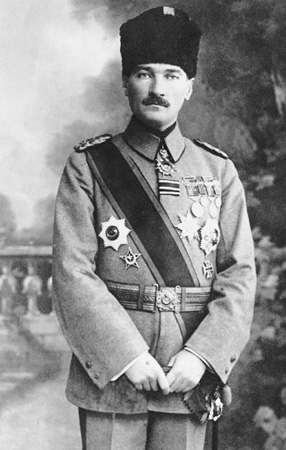
21. The peacemakers drew up a punitive treaty with the Ottoman empire, signed at Sèvres in 1921, but overlooked the awakening force of Turkish nationalism, which had by now found a leader in the distinguished general Kemal Atatürk.
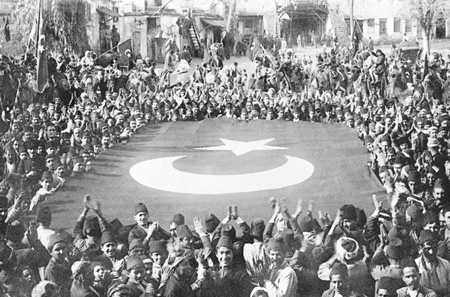
22. Turkish crowds cheer the capture of Smyrna from the Greeks in 1922, which marked the end of Venizelos's dreams and of the Greek presence in what became modern Turkey.
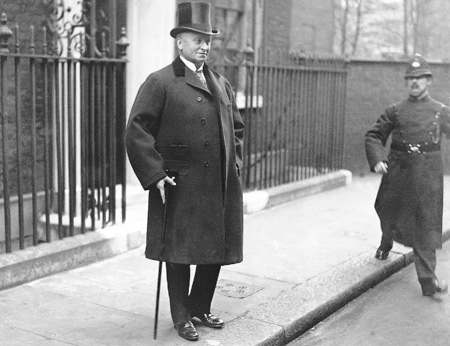
23. Lord Curzon, foreign secretary after September 1919, watched Lloyd George's support for Greek ambitions with consternation and later had to negotiate a new treaty with the Turks to replace the collapsed Treaty of Sèvres.
